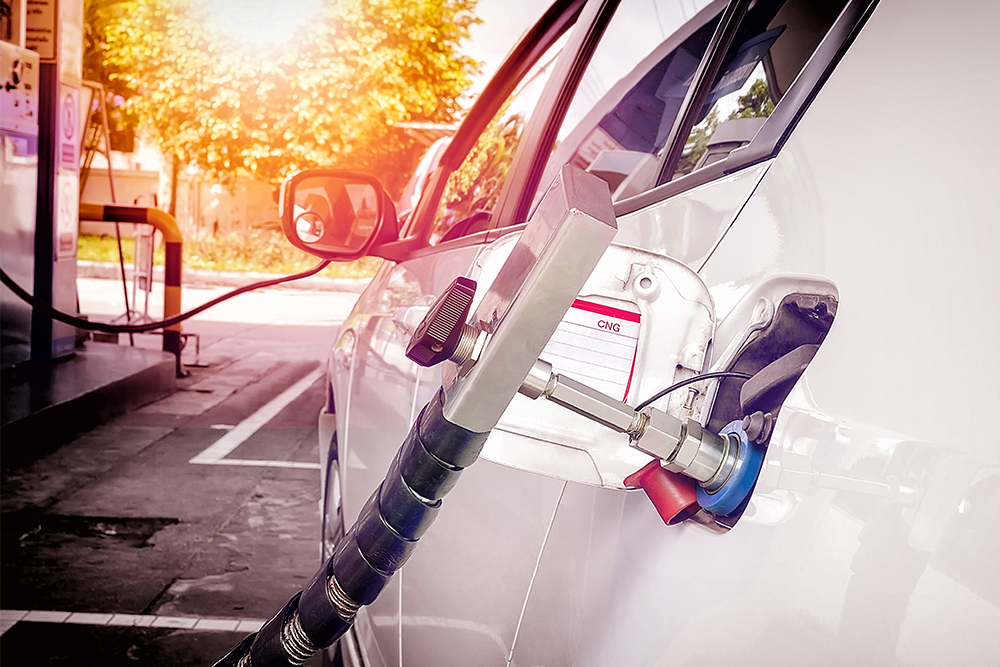
A few years ago, the Florida Legislature recognized that the use of electric vehicles conserves and protects the state’s environmental resources, provides significant economic savings to drivers, and serves an important public interest. As a result, the Legislature created Section 718.113(8), Florida Statutes, to allow unit owners to install electric vehicle charging stations within the boundaries of the unit owner’s limited common element parking area. During the 2021 legislative session, the Legislature expanded the statute to allow unit owners to also install natural gas fuel stations for a natural gas fuel vehicle. The term “natural gas fuel” is any liquefied petroleum gas product, compressed natural gas product, or a combination of these products used in a motor vehicle. The term includes all forms of fuel commonly or commercially known or sold as natural gasoline, butane gas, propane gas, or any other form of liquefied petroleum gas, compressed natural gas, or liquefied natural gas. However, the term does not include natural gas or liquefied petroleum placed in a separate tank of a motor vehicle for cooking, heating, water heating, or electricity generation.
While the board may not prohibit a unit owner from installing an electric vehicle charging station or a natural gas fuel station within the boundaries of a limited common element or exclusively designated parking area, the board can impose certain requirements, including, but not limited to, a requirement that the electric vehicle charging station or natural gas fuel station must be separately metered or metered by an embedded meter and payable by the unit owner installing such charging or fuel station.
In addition to expanding the statute for natural gas fuel vehicles, the Legislature also amended the statute to give associations the authority to install or operate an electric vehicle charging station or a natural gas fuel station upon the common elements or association property as a common expense, and such installation does not constitute a material alteration to the common elements or association property. As alternative fuel vehicles become more and more popular and as car manufacturers continue to transition away from gas vehicles, condominium associations now have the ability to add electrical vehicle charging stations and/or natural gas fuel stations on the common elements or association property to accommodate these new types of vehicles by a vote of the board of directors only.
Associations should take a proactive approach to this issue and consider adopting a policy for unit owner installed electric vehicle charging stations and/or natural gas fuel stations. In addition, associations should start considering whether there are areas on the common elements or association property that would accommodate these installations by the association for the use of all owners as a common expense.






Recent Comments